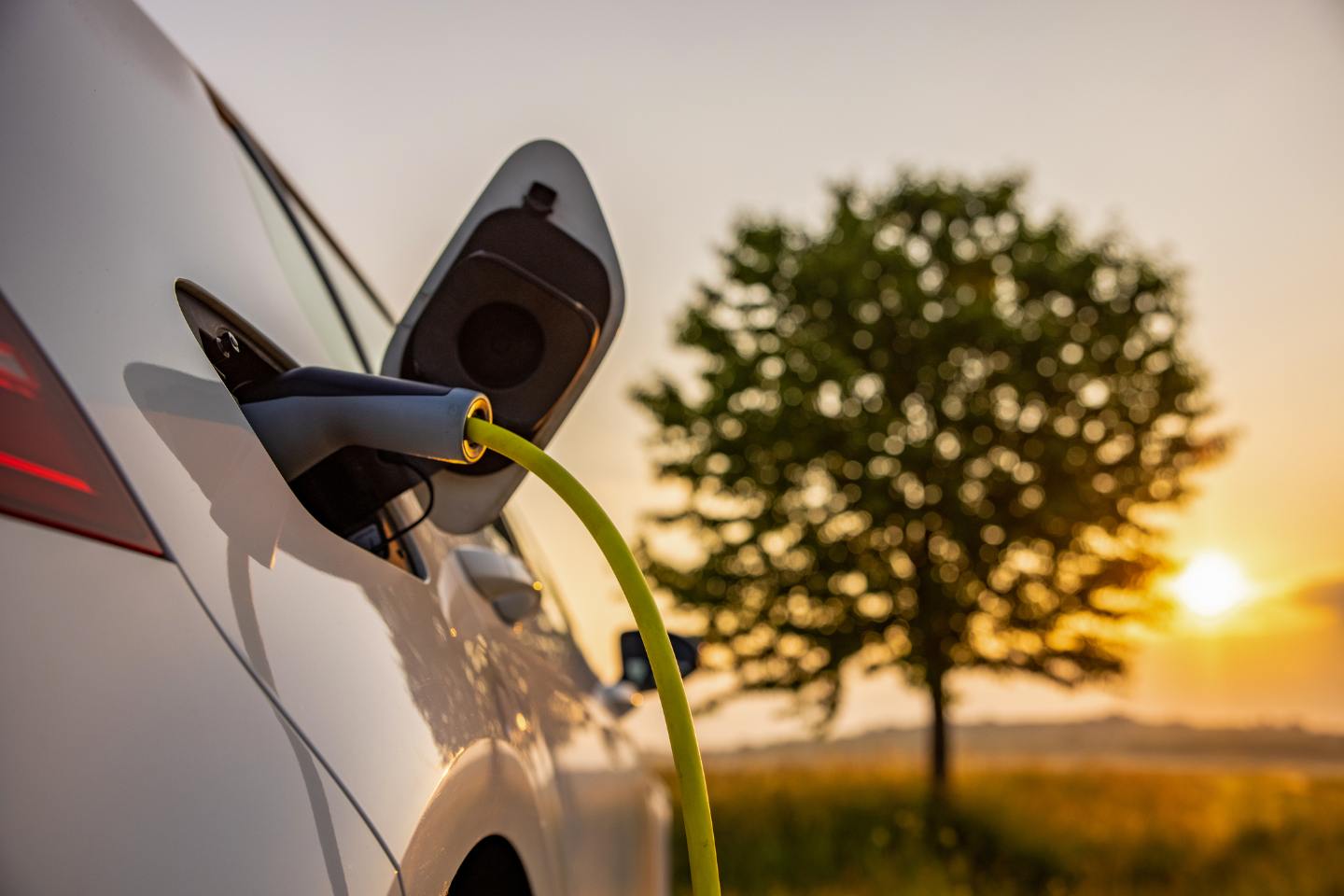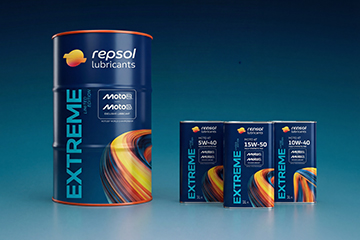Engine and electric vehicle lubricants: are they still necessary?

As part of European Mobility Week, which in 2024 will be celebrated from September 16 to 22, it is a good time to reflect on the changes the automotive industry is experiencing, especially with the growing popularity of electric vehicles (EVs).
In this context, a key question comes up: what role do lubricants play in electric vehicles, and are still necessary? With the transition to electric drivetrains, which don't require internal combustion engines, it's a logical question to ask.
That's why the first thing to keep in mind is, these vehicles have electric engines that convert the energy stored in their batteries into movement. This drastic change in propulsion technology has caused many to wrongly believe that lubricants are no longer necessary.
However, while EVs don't require the same type of oil an internal combustion engine does, they do rely on lubricants to carry out critical functions.
Lubricants in an electric vehicle
One of the most important elements that still requires lubrication in an electric vehicle is the gearbox. Although an EV's transmission is simpler than a conventional vehicle, as it's usually automatic, it still has mechanical components that must function efficiently and be long-lasting.
That's why oils must be compatible with materials used in EVs to resist oxidation and corrosion, as well as operating effectively in a wide temperature range. The clearest example is the batteries, which need efficient cooling to optimize their charging, and they tend to severely overheat.
Another key aspect is the lubricants' low viscosity, which helps improve the electric vehicle's energy efficiency. This reduces the resistance within the mechanical components, and contributes to increasing the EVs' autonomy, which is critical.
Repsol lubricants for electric vehicles
With the rise of electric vehicles, Repsol Lubricants has developed new products designed specifically for your needs. This is how the EV-Fluids range was born, formulated directly at the Repsol Technology Lab, one of the most cutting-edge private research centers in Spain.
These lubricants have been made with materials that improve dielectric properties, ensuring the optimal performance of EV components. They also have fluids that maintain the engine battery's temperature and protect the transmission.
If you want to give the EV-Fluids range a try in your vehicle, remember you can find the ideal product using our search engine. Just enter the model or, if you prefer, the license plate to find it.
In short, while it's true that the nature of lubricants and their application has evolved due to the arrival of electric vehicles, their relevance still remains. That's why it's essential to understand that the lubricant quality used can have a significant impact on the electric vehicle's efficiency and useful life.
This reflection becomes especially relevant during European Mobility Week, where the importance of adopting more sustainable transport habits is highlighted, without forgetting the technical elements that make this transition effective and long-lasting.
Related Content




